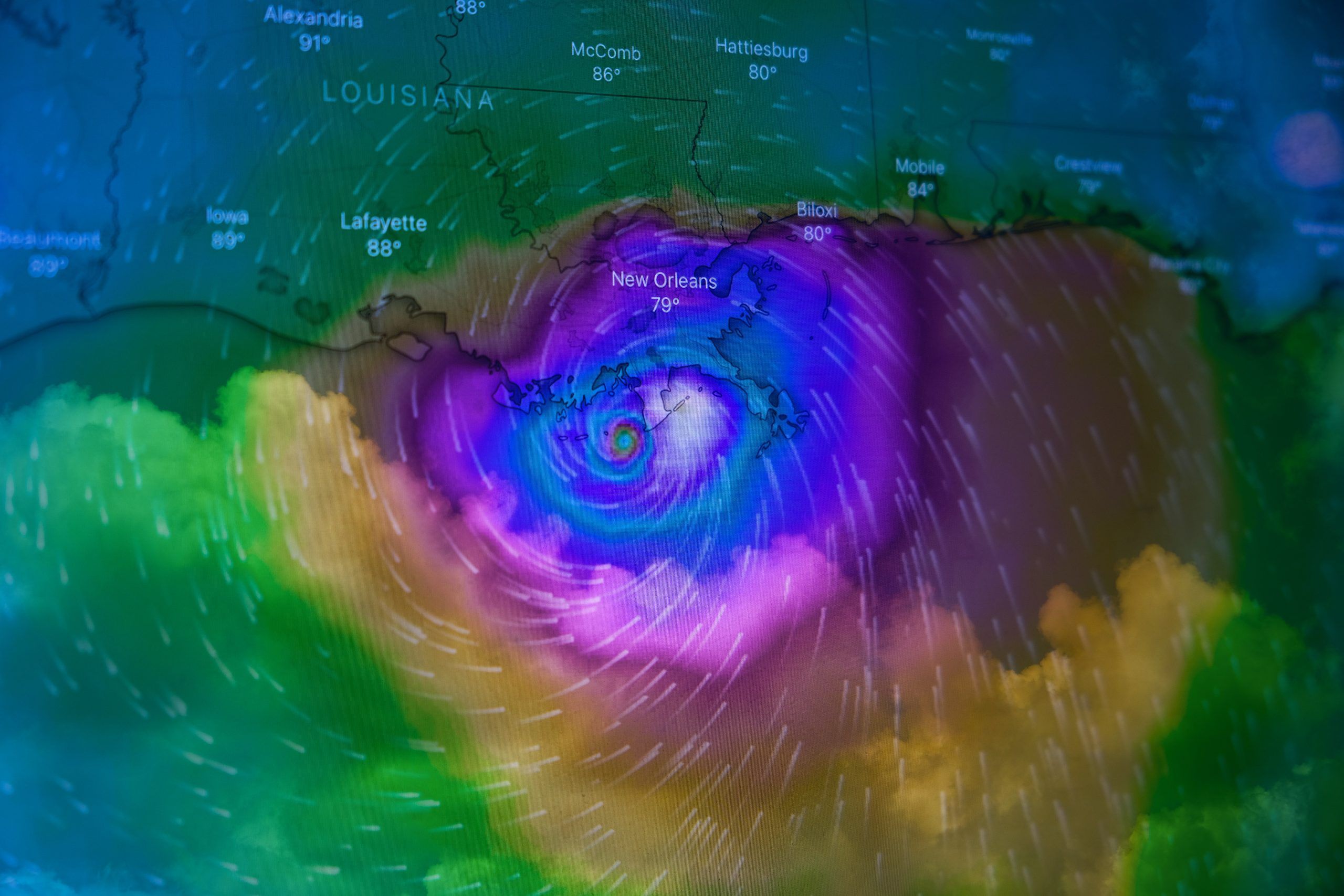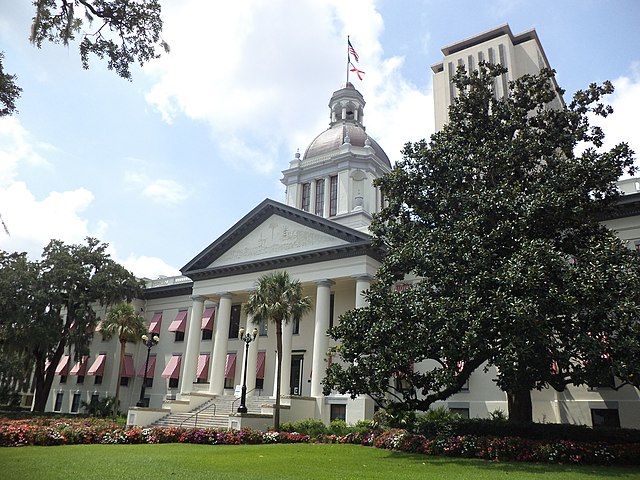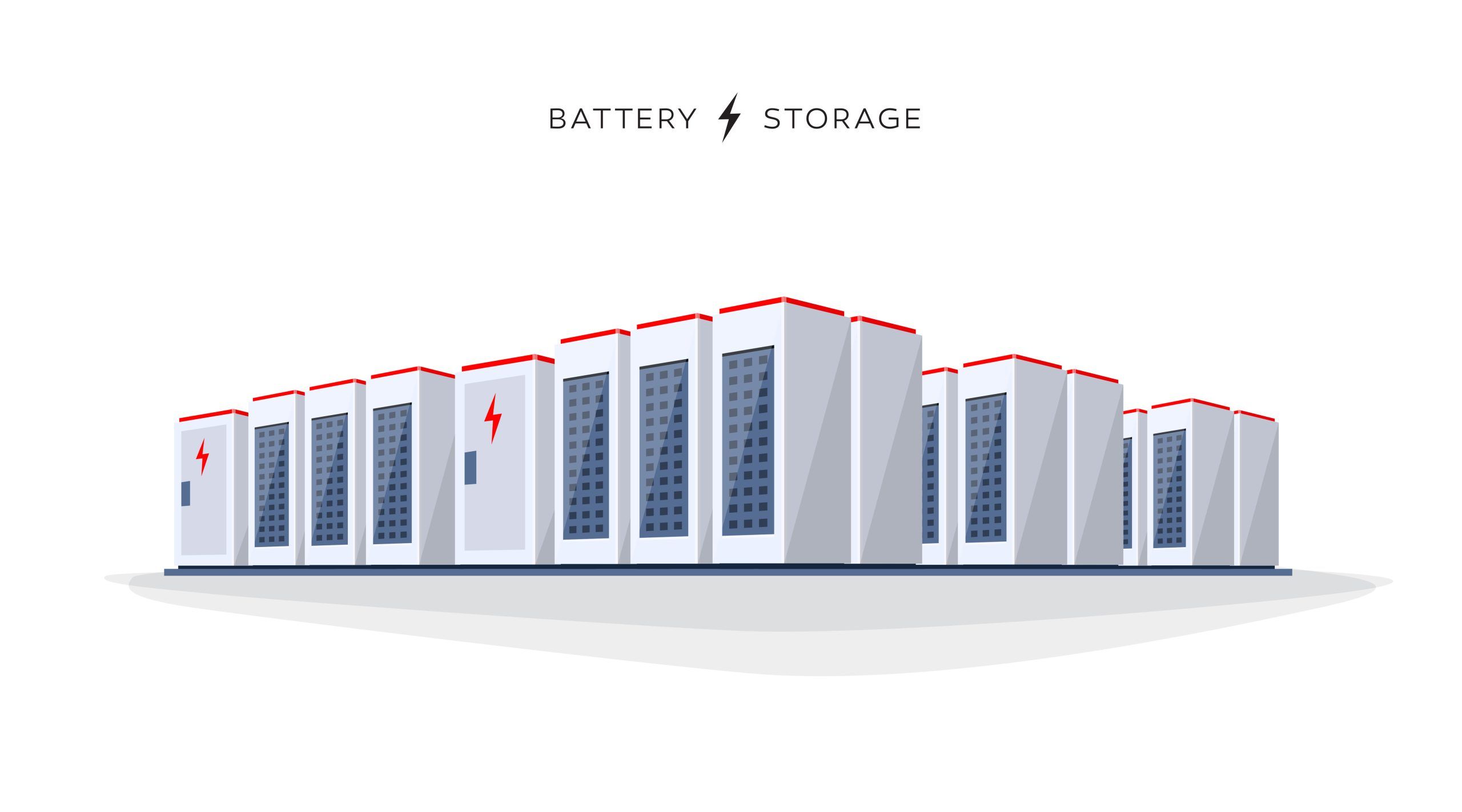How to Spot and Avoid Solar Panel Scams
As we’ve discussed previously, solar energy is the undisputed future of renewable energy, tapping the Earth’s one true renewable energy source. That’s great news for the environment and for consumers who desire the freedom afforded by an independent, limitless energy alternative to the increasingly expensive power grid.
Unfortunately, along with the booming solar panel industry in Florida come equally innovative new solar panel scams from shady solar retailers looking to make a quick buck off of consumers’ unfamiliarity with this relatively new energy source.
Both door-knockers and, more and more, online vendors propagate exaggerations and outright lies about solar panels to try to move more product (check out our guide to handling solar panel door-knockers).
Here we explore why online solar scams have exploded in recent years and also review a few red flags to look for. Use this information to avoid falling victim to sleazy solar panel scams.
The proliferation of online solar scams during COVID
Journalistic reviews of social media ads have documented a concerning rise in false claims and outright scams, promising the moon in an effort to lure in customers during difficult economic times for the industry.
“Some of the ads… suggest that certain states are giving away solar panels for free or that utilities will pay customers to put solar panels on their roofs. And nearly all of them stated that there are no out-of-pocket expenses… [During COVID] in-person sales ground to a halt, driving companies to invest in a digital-only sales strategy.”

Let’s survey some of the more outrageous claims made by shady solar vendors.
Solar scam #1: The ‘get paid to go solar’ scam
The hands-down biggest scam out there is the “get paid to go solar” scam, which comes in various iterations and taglines such as:
- “Free solar panels”/”free batteries”
- “The government/energy company will pay for your solar panels”
- “No-cost solar”
Predatory scammers play on consumers’ natural human desire to get the most benefit with the least investment in a product. Unfortunately, as we all know, there’s no such thing as a free lunch.
Just think about it: if there really were solar panel companies paying people to go solar, they wouldn’t need to resort to such deceptive and aggressive marketing tactics.
Reality check #1: you can qualify for big tax breaks with solar panels
No government or company is going to “pay you” to go solar, but they will incentivize you to go solar by offering generous tax breaks. The US government offers significant tax incentives to solar panel owners. Read our fact-based article regarding the tax benefits of solar panels.
Florida’s state government, in addition to the US federal government, has several financial incentive programs regarding solar panels.
Reality check #2: you can sell extra energy from your home system back to the power company
The power company won’t pay you to go solar. But, if you connect your system to the public grid, they will buy your excess power for resale to other Floridians.
The Florida governor recently vetoed a bill that would have limited Floridians’ ability to sell their extra solar-generated energy back to the energy company. That’s great news, because it means that you can still benefit financially from your excess power in the coming years while also providing clean energy to the community.
Learn more about offsetting energy costs with grid-tied solar systems.
Reality check #3: Compass Solar offers 0% financing
You won’t get a free solar panel system, but with Compass Solar you can finance your system with 0% interest rates. So, with modest monthly payments, you can add real, long-term value to your property while shaving significant chunks off your energy bill (or eliminating it entirely).
Learn more about how Compass Solar’s 0% financing program works.
Solar scam #2: The ‘solar stimulus’ lie
You probably got a series of so-called “stimulus” checks from the government during COVID as an emergency measure to mitigate the economic fallout caused by the lockdowns.
Solar scammers took note, and incorporated this talking point into their sales pitches, promising potential customers they would benefit from a non-existent “solar stimulus” program.
Again, Insider explains the scam:
“There are no such programs, said Joshua Buswell-Charkow, deputy director at the California Solar and Storage Association (CALSSA), an industry trade group that helps monitor ads… Before COVID happened, none of the ads were talking about a stimulus program… But now… that’s what they’re referencing.”

To reiterate, there is not and never was a “solar stimulus” program of any kind. When you see or hear this language, take it as your cue to run the other way.
Solar scam #3: Specific promises of savings
If you become a solar panel owner and use your panels instead of power from the grid, you will very likely save substantial amounts of money – but exactly how much money you’ll save is difficult to predict for a variety of reasons:
- Every home or business has unique energy needs
- Electricity rates vary over time
- Solar panel efficiency begins to lag over time
Therefore, any specific percentage in energy bill savings offered by a solar salesperson is a lie and a massive red flag that they are not being upfront with the facts.
Our neighbors to the north, Atlanta news organization Fox 5, performed an impressive investigation into such types of deceptive sales tactics promising savings that never materialize and, potentially, cost customers thousands of dollars.
Despite the apparent uncertainty, it is possible to calculate how much money you can save with a solar panel investment. To get a realistic estimation of your cost savings over time, check out our authoritative blog article on the topic.
Buyer beware: Do your due diligence before signing on the dotted line
Here are a few golden rules to live by in terms of shopping for solar systems:
· Do your own research. Don’t take promises from salespeople (who have an incentive to upsell the benefits and downplay the drawbacks/upfront costs) for granted. Ask for references to authoritative sources to back up any claims.
- If the claims made sound implausible or too good to be true, they might be.
- Look up industry averages for solar panels in your area to make sure you’re getting a fair price quote.
- Rely on well-established, well-reviewed, local businesses with solid reputations like Compass Solar. Scams are much more common in startup, fly-by-night companies with no long-lasting community ties. Avoid companies that change their names due to poor publicity.
In terms of Compass Solar’s bona fides, we have a 5-star review on EnergySage. Check out our testimonials from Northwest Florida and Alabama customers.
Contact Compass Solar to learn more about protecting yourself from scams
In a world of misinformation proliferating via digital media and other avenues, it’s more important than ever for consumers to seek out the unvarnished facts in order to make informed decisions.
Contact Compass Solar for authoritative, no-nonsense information and facts regarding solar power, its various advantages over grid power, and the cost-savings benefits it offers to property owners.




















